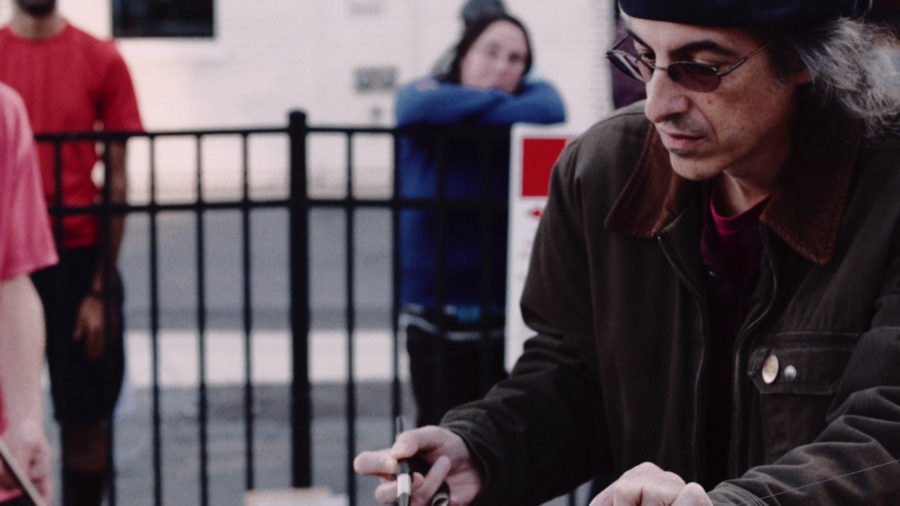Anybody who talks to bassist/composer Daniel Barbiero about his favorite intellectual pursuits is likely to come out of the conversation feeling like it provided an IQ boost.
Take the Silver Spring resident’s musical approach, for instance: It’s based on the teachings of Ancient Greek philosopher Heraclitus.
“He expressed himself obliquely, often through paradoxes or riddles,” explains Barbiero. “As with music, expression hinges on connotation and suggestion rather than denotation or declaration.”
His new album, An Eclipse of Images, draws from a similarly lofty place: philosopher Jean-Paul Sartre’s French language analysis of the symbolist poet, Stéphane Mallarmé, titled La lucidité et sa face d’ombre.
“The subtitle … would translate out to something like ‘lucidity and its shadow side,'” he says. “That fascinated me — lucidity being a transparency of thought, and its opposite, a shadow or kind of opacity. … An odd dialectic where clarity and obscurity chase each other in endless circles.”
This idea informs the structure of the album’s seven tracks. Made with Italian drummer/producer Massimo Discepoli, An Eclipse of Images is often dream-like, with Barbiero’s articulate bass lines fading in and out of Discepoli’s ethereal backdrop of electronics and percussion.
But the relationship between obscurity and clarity was also used as a specific writing tool. With literally an ocean between them, Barbiero and Discepoli made the album entirely over the internet. Barbiero recalls that during the creation of one of the songs, Discepoli intentionally kept him in the dark about some of the structural elements.
“Massimo sent me a basic track that had a distinct cyclicality to it, but one I couldn’t quite work out precisely,” says Barbiero. “After I sent him my part I asked him what time signature it was, and he told me it was 17/8.”
The name of the song? “The Occulted Measure,” because “at the time I was playing it, the length of the measure was hidden from me,” Barbiero says. (Songs in 17/8 are rare.)
They spent months exchanging ideas and piecing the tracks together, aiming to capture an improvised feel. The results are remarkably comfortable, and the tracks often have a naturalistic ambience.
Barbiero, however, remains modest about the effort. “It was very easy, thanks to modern technology,” he says.
An Eclipse of Images is currently available through Discepoli’s label, Acustronica. But Barbiero is already moving forward on another project exploring abstract concepts through music. Reuniting with previous collaborator Cristiano Rocci, Barbiero is focusing on “atopias, or places that are no-places.”
“We’ll combine field recordings of public, more-or-less anonymous places like train stations and airports with composed and improvised music. I’ll play double bass and Cris will add electronics and six-string electric bass. I’m very excited about it.”


